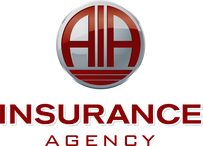|
Back to Blog
The safety and well-being of our community and clients are our top priority. Texas is forecasted to experience freezing temperatures for prolonged periods throughout the remainder of the week. This weather includes the potential for snow, sleet, and freezing rain that can create hazardous conditions. During extremely cold weather, staying warm and safe can be a challenge. Learn how to prepare for winter storms, prevent cold temperature-related health problems, and protect yourself during all stages of a winter storm by reviewing the CDC winter weather preparedness guidelines by following the link below: Other items for your consideration.
Here are some tips to help prevent water damage from frozen pipes.
0 Comments
read more
Your comment will be posted after it is approved.
Leave a Reply. |
|
Services |
learn more |
|



